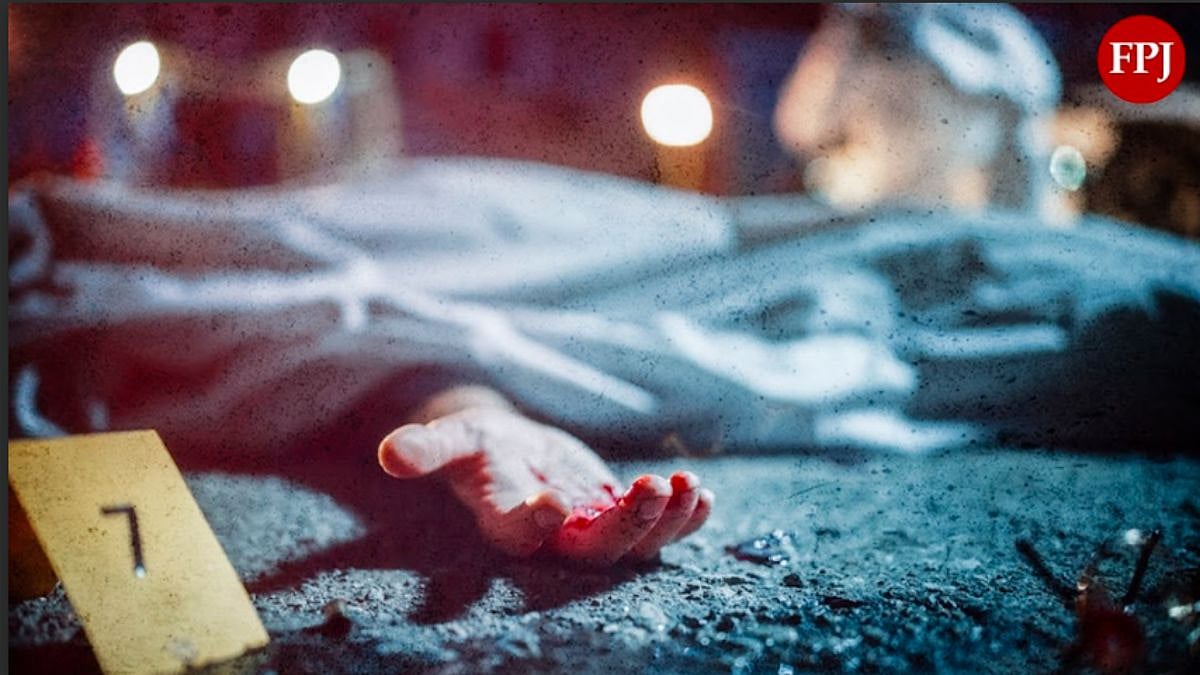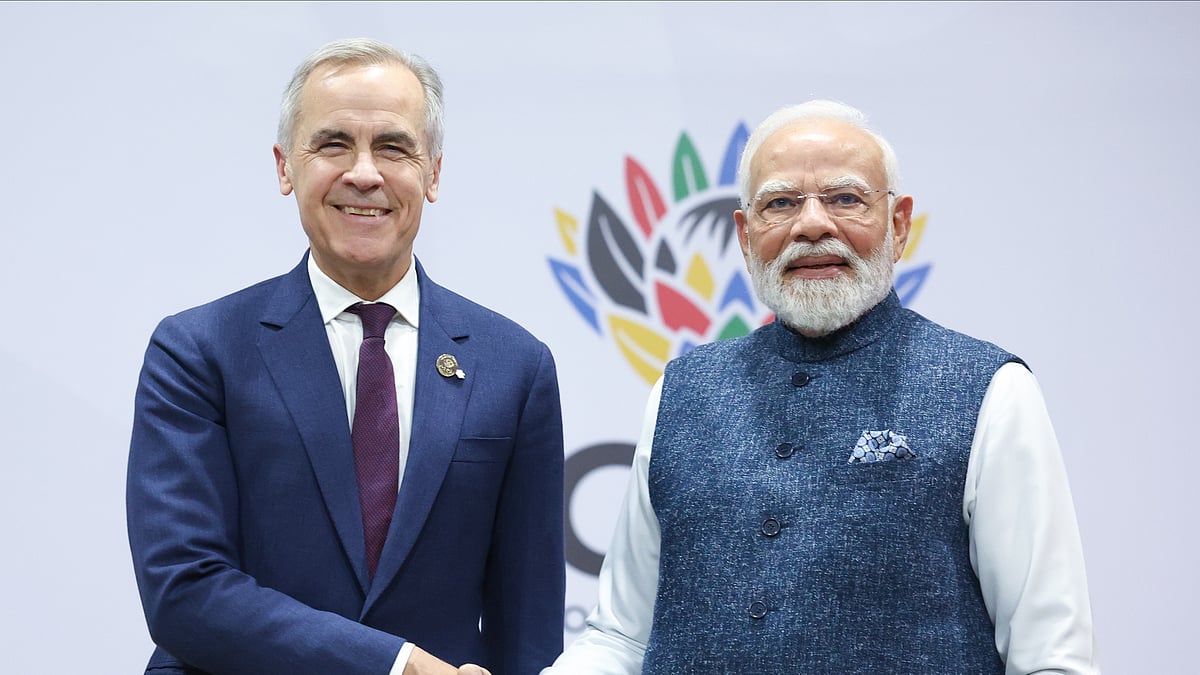There was a time when a whole bunch of star sons came into the film industry—there was no nepotism issue then—but those stars who launched their sons, kept their daughters away from working in films. Because they knew how women were treated in the industry; these men were active participants in the toxic environment on the film set, and particularly on location.
Everybody knew and gossiped about it, but nobody believed that it was wrong. It was considered to be a perk of power. Like nobody expects a politician or bureaucrat to be honest. Far from being ashamed, these men boasted of their conquests.
The exploitation of women has been going on since the industry started—not just in India, but all over the world. The #MeToo movement and the spate of accusations against Harvey Weinstein, and later against other powerful men, did emerge from the West. Tanushree Dutta kicked the hornet's nest in India soon afterwards and the conspiracy of silence ended for a while, only for things to return to 'normal' soon enough.
So the shock at the findings of the Hema Committee report in Kerala is naïve and hypocritical. That this exercise was conducted at all is a surprise, because it does not say anything that is not already known. Still it was needed to put things down on paper — officially and legally. The film industry is notoriously blind to its own faults and quick to come to the defence of the powerful within its fold. It took five years for the report to be made public, and with redactions, giving rise to questions about who is being shielded.
The report begins with the line: “The sky is full of mysteries, with the twinkling stars and the beautiful moon. But scientific investigation revealed that the stars do not twinkle, nor does the moon look beautiful.”
Kerala is the most literate state in India, and its cinema— more so in recent years—has been progressive in content. Still, it was in this state that the horrific incident took place, that led to the formation of the Hema Committee to look into the workings of the Malayalam film industry. Actor Dileep allegedly hired six men to sexually assault a female actor, who did not slink away in shame like other women. She filed a police complaint, and Dileep was the main accused. He was not adequately condemned either by men in the film industry or even by the public that ought to have boycotted his films.
However, a positive fallout was the formation of the Women In Cinema Collective (WCC) which has, after initial threats of ostracism by the industry, become a formidable support system for women in Malayalam cinema. It helped that by 2017 there were a large number of women working in the industry, and could have their collective voice heard. Other industries should shed their apathy and follow suit.
However, because it involves the film industry, and everybody takes an inordinate amount of interest in it, there is now discussion of sexual harassment, poor working conditions, pay disparity and so on, that should have taken place years ago.
But these conditions exist in almost every field, where women are powerless to fight. After the Protection of Women from Sexual Harassment (POSH) Act of 2013, major corporates have redressal systems in place, but what about the large female workforce in unorganised sectors — the women who work in factories, construction sites, agricultural labour and so on. Can they fight for pay parity, maternal leave, medical aid, creches, etc? In 2022, there were reports that women working in the sugarcane fields of Beed in Maharashtra were being forced to undergo hysterectomies so as not to interrupt their work (for meagre pay) during menstruation and pregnancy.
Equally — or more disturbing — is society’s attitude towards sexual sharks. Their victims have to live with shame and judgment, while there is no demonstrable impact on the lives of the men who molest or abuse them. In India, the men who raped Bilkis Bano and killed her family were given a hero’s welcome in their village.

The list of high-profile predators abroad is fairly long. Hugh Hefner, publisher of Playboy Magazine, lived in a mansion with his harem, supposedly of willing women. Today’s media baron, Elon Musk, has at last count fathered 13 children by different women. There may be consent here, but also the whiff of wealth-induced manipulation.
Italian Prime Minister, the late Silvio Berlusconi, was accused of sex with underage girls, but was never convicted for lack of evidence — who would testify against a notorious PM with mob links? Donald Trump has had women accusing him of sexual misconduct without much of a dent in his following. Prince Andrew was part of Jeffrey Epstein’s notorious sex ring, but suffered no consequences. Roman Polanski and Harvey Weinstein are just two who paid for their sins, but there are more men walking around free, rather than wallowing in guilt or remorse.
The film industry has been lax about judging men and their misdeeds. In the South, married stars have had a string of affairs with no impact on their stardom. In Mumbai too, star liaisons are gossiped about, but the days of the bindaas film media are long over. It is understood that any woman who turns down the advances of a producer, director or star will find it difficult to get work again. Which is what the Malayalam industry women are saying openly now, and if given the chance and the encouragement, women from other industries will speak out too.
It is no secret what goes on behind the world of glamour and wealth — at the top level the exploitation may be less now, because a lot of the female stars are from industry families, and top film production companies are run with corporate discipline. But there is a whole underground industry producing lurid content that most people don’t even know about, and how women are treated there is anybody’s guess — they do not even have the backing of industry organisations.
Working conditions in the film industry and elsewhere have to change, women have to feel safe and respected. What can be done about those WhatsApp groups that share lewd comments and vulgar photos of women — Facebook was actually started by two university boys to rate their fellow female students’ assets — except to sensitise men at all levels? Cops and law enforcers should be first in line. It seems like a daunting task, but it does not necessarily need a committee report to implement it. Begin with equality, respect and dignity for women at home; the rest will hopefully follow.
Deepa Gahlot is a Mumbai-based columnist, critic and author






